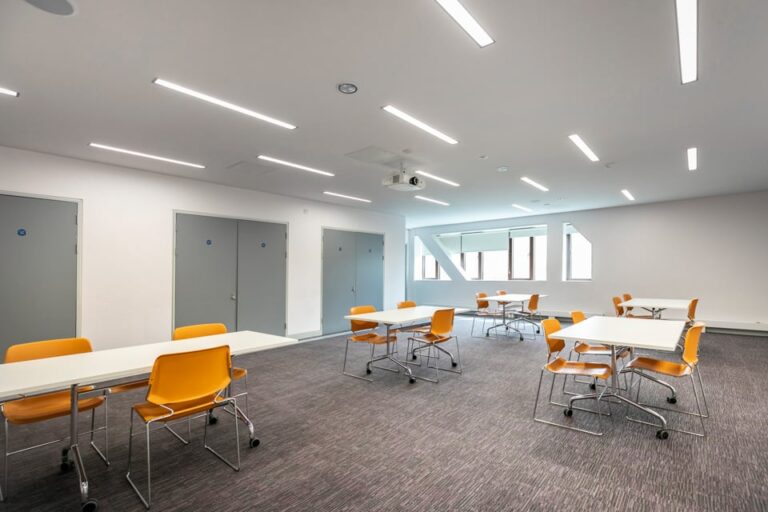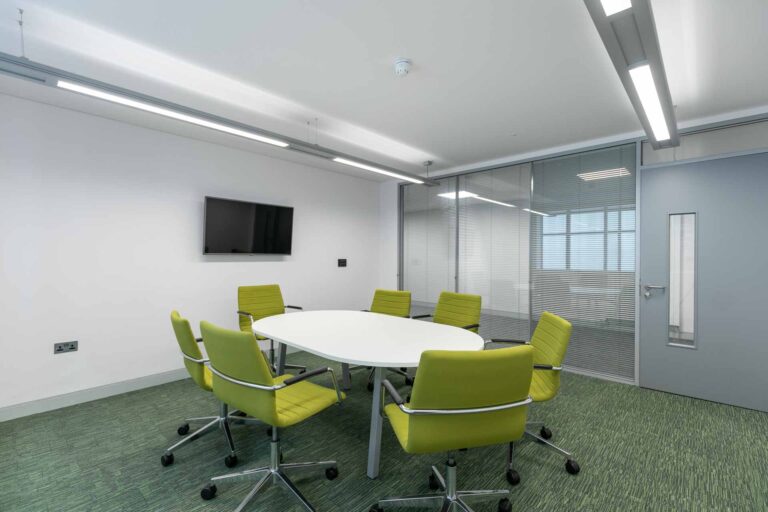Conferences serve as valuable platforms for the exchange of ideas, networking, and professional development. However, to truly maximise their impact, they must be accessible to all attendees, regardless of their abilities, backgrounds, or needs. Ensuring accessibility is not only a matter of inclusivity but also a legal requirement in many places.
Choose an Accessible Venue
One of the foundational aspects of hosting an inclusive conference is selecting a venue that accommodates a wide range of physical abilities. Here are some factors to consider:
Wheelchair Accessibility
Ensure the venue has ramps, lifts, and accessible bathrooms.
Parking and Transportation
Provide accessible parking and information on accessible transportation options.
Signage
Use clear, easy-to-read signage that includes braille and tactile signs for the visually impaired.
Provide Accessibility Information
Make sure attendees are well-informed about the accessibility features of your conference. Include detailed information on your event website and in registration materials:
Accessibility Statement
Create a dedicated webpage outlining your commitment to accessibility.
Contact Information
Offer a point of contact for attendees to request accommodations or ask questions.
Map and Floor Plan
Display accessible routes, restrooms, seating areas, and seating options.
Offer Multiple Registration Options
When setting up your registration process, offer various options to accommodate different needs where possible:
Online Registration
Allow attendees to register online in advance, making it easier for them to plan their visit.
On-site Registration
Provide on-site registration for those who may decide to attend at the last minute.
Early Registration Discounts
Offer discounts for early registrants to incentivise timely planning.
Prioritise Communication Accessibility
Ensure that all your communication materials are accessible:
Website Accessibility
Design a user-friendly, accessible website with alternative text for images and captioned videos.
Information Formats
Provide conference materials in multiple formats, including large print, electronic, and Braille.
Assistive Technology
Support attendees by offering devices like hearing loop systems, sign language interpreters, or CART (Communication Access Realtime Translation) services for those with hearing impairments.
Plan Inclusive Sessions
To create an inclusive conference programme, consider the following:
Diverse Speakers
Invite a variety of speakers from different backgrounds and with various abilities.
Flexible Scheduling
Allow breaks between sessions to accommodate attendees’ needs and prevent sensory overload.
Inclusive Presentations
Encourage presenters to use plain language, avoid jargon, and provide accessible presentation materials.
Accessibility at Networking Events
Networking is a crucial part of conferences, so ensure that social events are inclusive:
Accessible Venues
Choose locations for networking events that are wheelchair accessible and have accessible restrooms.
Inclusive Food Options
Cater to dietary restrictions and allergies, and clearly label foods for those with specific dietary needs.
Seating Options
Provide a variety of seating options, including ergonomic chairs and spaces for wheelchair users. Ensure that seating areas are spacious and easy to navigate.
Collect Feedback and Adapt
After the conference, gather feedback from attendees regarding their accessibility experience. Use this feedback to improve future events continually. Be open to suggestions and willing to make necessary adjustments.
Ensuring your conference is accessible is not just the right thing to do; it also makes good business sense. When you prioritise accessibility, you broaden your potential audience, foster a more inviting atmosphere, and showcase your dedication to inclusivity. By planning thoughtfully and genuinely committing to accessibility, you can host conferences that empower all attendees to fully participate and have a fulfilling experience, including offering a range of seating options to meet different needs.




